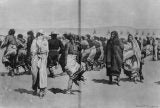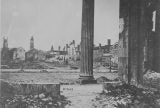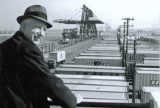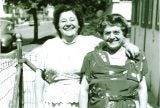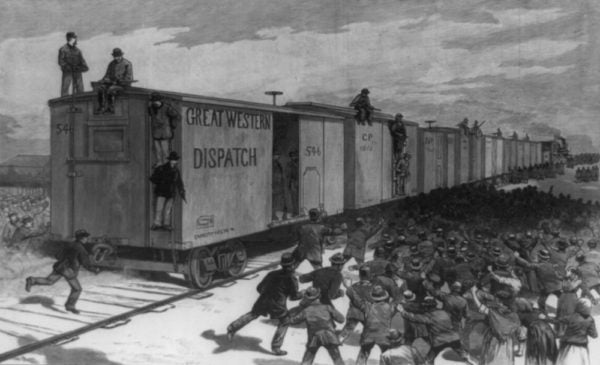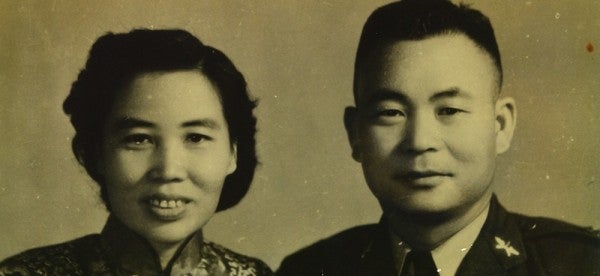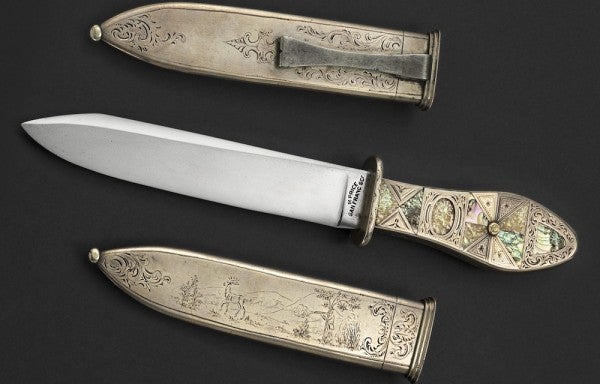What Grandaddy Taught Me About Race in America
From Little Rock to L.A., Learning to See Colors Beyond Black and White
I lived most of my childhood convinced that my grandfather, Calvin Muldrow, was Superman. On summer evenings, I’d perch atop his knee as we sat on the creaky back porch of his red brick house in North Little Rock. He’d weave elaborate tall tales about his magical excursions gliding over the jungle canopies of Sierra Leone, or wrestling boa constrictors, or floating aloft past my bedroom window at night to check up on me.
Grandaddy had a way of blending the fact and fiction of his past into a …






